aids-fondet
Vores arbejde
AIDS-Fondet arbejder for seksuel sundhed for alle. Vi fokuserer på de grupper, som har størst behov og dem, der ikke får hjælp andre steder.

vores arbejde
Sammen sikrer vi test og behandling for alle
AIDS-Fondet arbejder for at skabe politisk og økonomisk opbakning til Den Globale Fond, der bekæmper hiv, tuberkulose og malaria.
Selvom fonden sikrer forebyggelse, test og behandling til millioner af mennesker, er det svært at sikre den nødvendige opbakning.
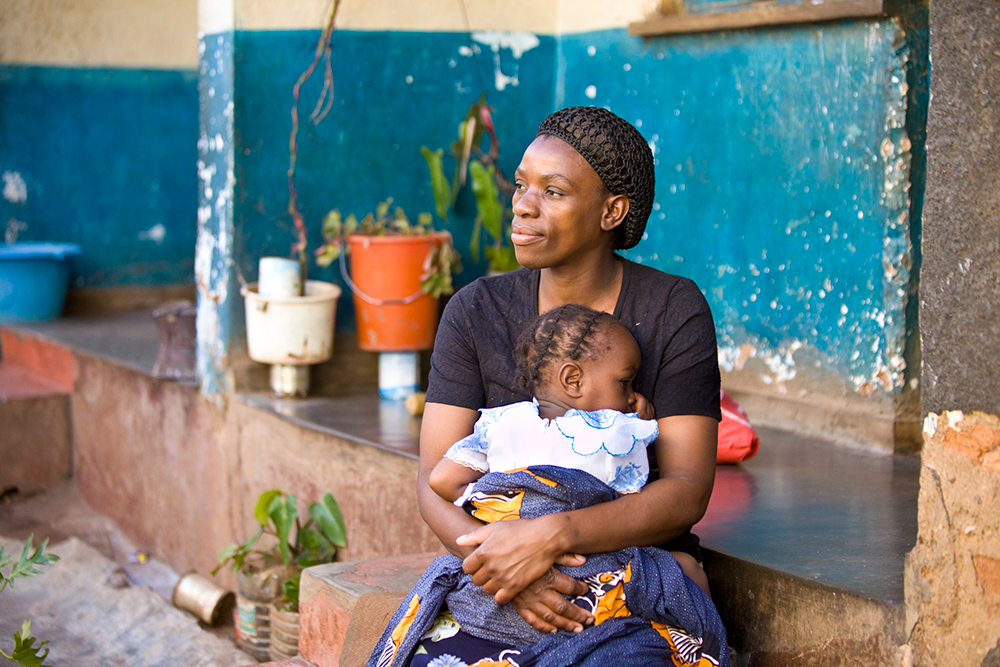
Foto: The Global Fund / John Rae
Forskning i nye måder at forebygge hiv på
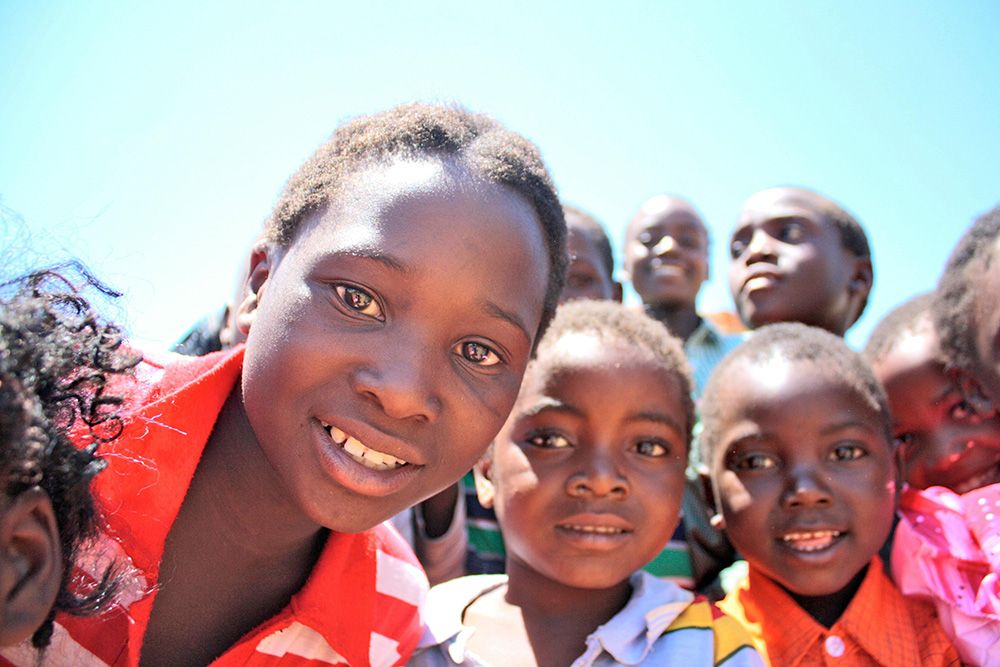
Jagten på vaccinen mod hiv
En vaccine der beskytter mod hiv. Det har været drømmen, siden man opdagede hiv-virus. AIDS-Fondet arbejder for, at der bliver udviklet en vaccine, der er tilgængelig, hvor behovet er størst.
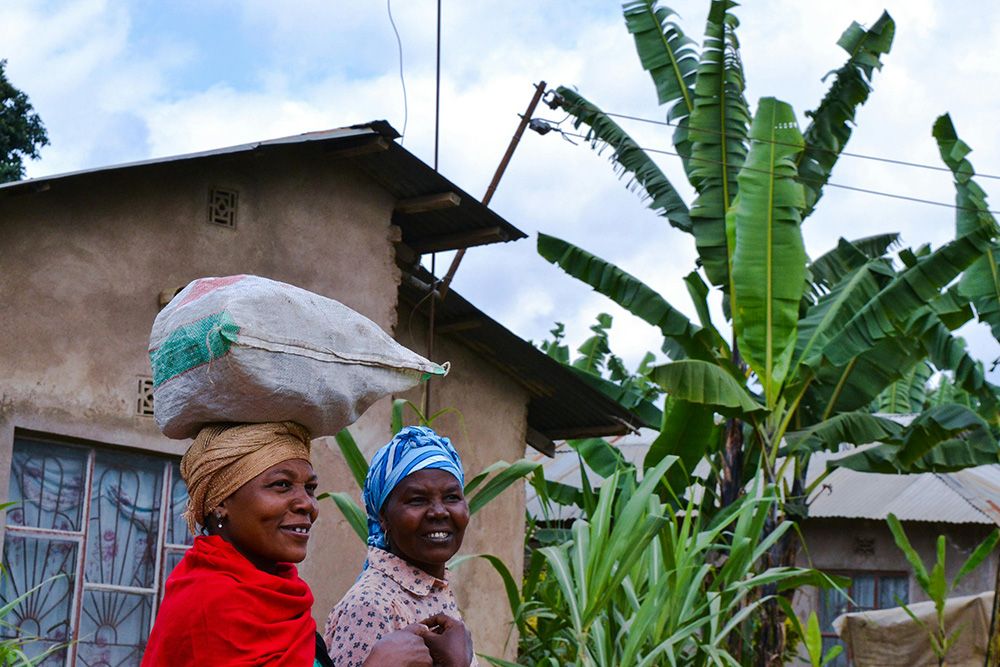
Kvinder får nyt værn mod hiv
AIDS-Fondet har i en årrække arbejdet for at skabe politisk og økonomisk opbakning til udvikling af den vaginalring, der nu giver kvinder i nogle af verdens mest sårbare lande kan at beskytte sig selv mod hiv.
Seksuel sundhed for alle
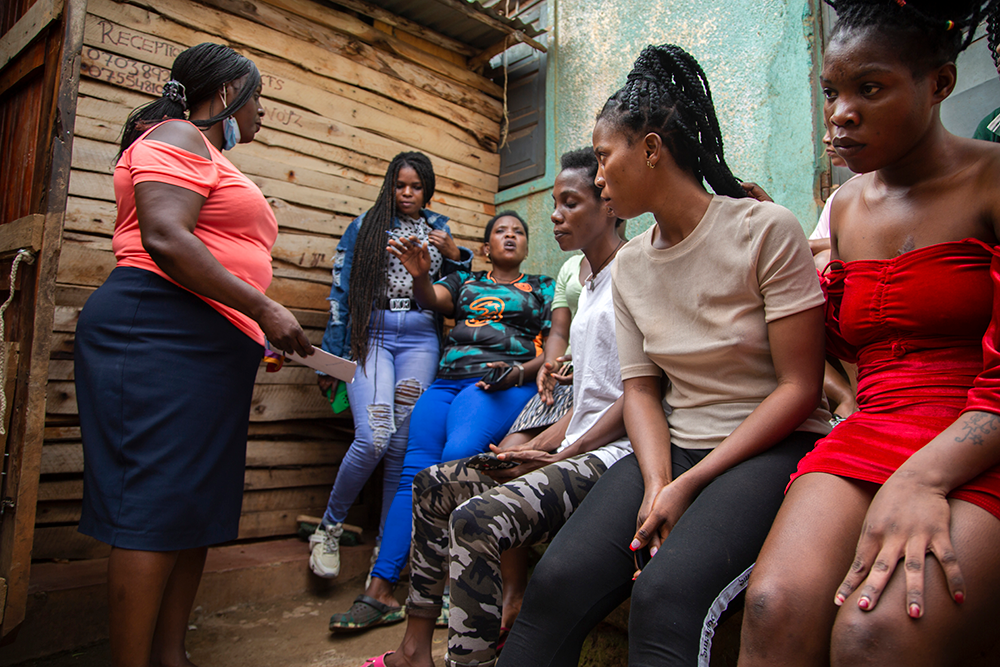
Gadejurister kæmper for sexarbejdere og LGBT+ personer
Kampen mod hiv og aids er en kamp for menneskerettigheder. Derfor samarbejder AIDS-Fondet med en gruppe advokater fra Uganda, som arbejder for at forbedre LGBT+ personer og sexarbejderes rettigheder.
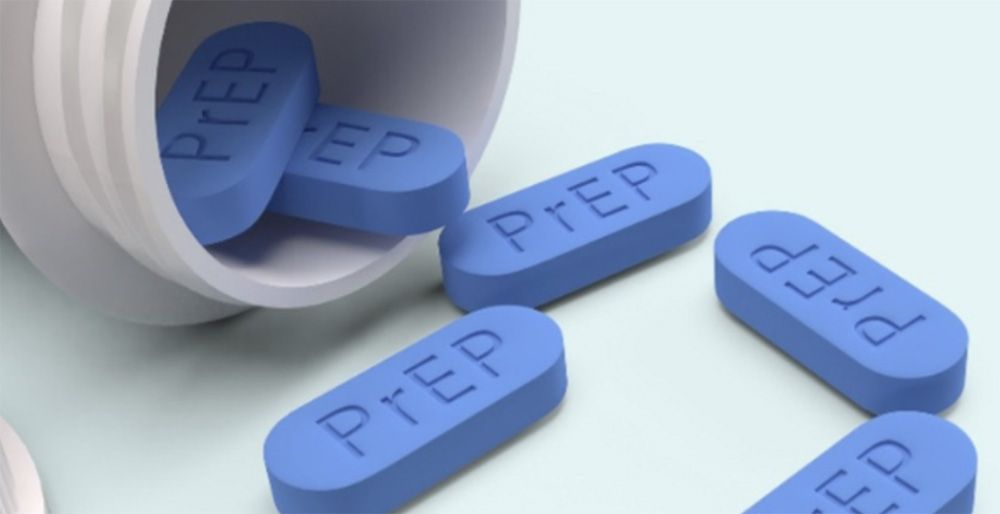
PrEP er ikke længere en hindring
En PrEP-bruger skrev et tweet, AIDS-Fondet pressede på, og nu har Sygeforsikringen ”danmark” ændret praksis, så man kan blive optaget, hvis man er på PrEP og i øvrigt ikke fejler noget.
Vær med
Der er rigtig mange muligheder for at støtte AIDS-Fondet, og uanset, hvad du vælger, gør din opbakning en enorm forskel i kampen for seksuel sundhed for alle.
AIDS-Fondet fokuserer på de grupper, som har størst behov og dem, der ikke får hjælp andre steder. Med din støtte når vi endnu flere.
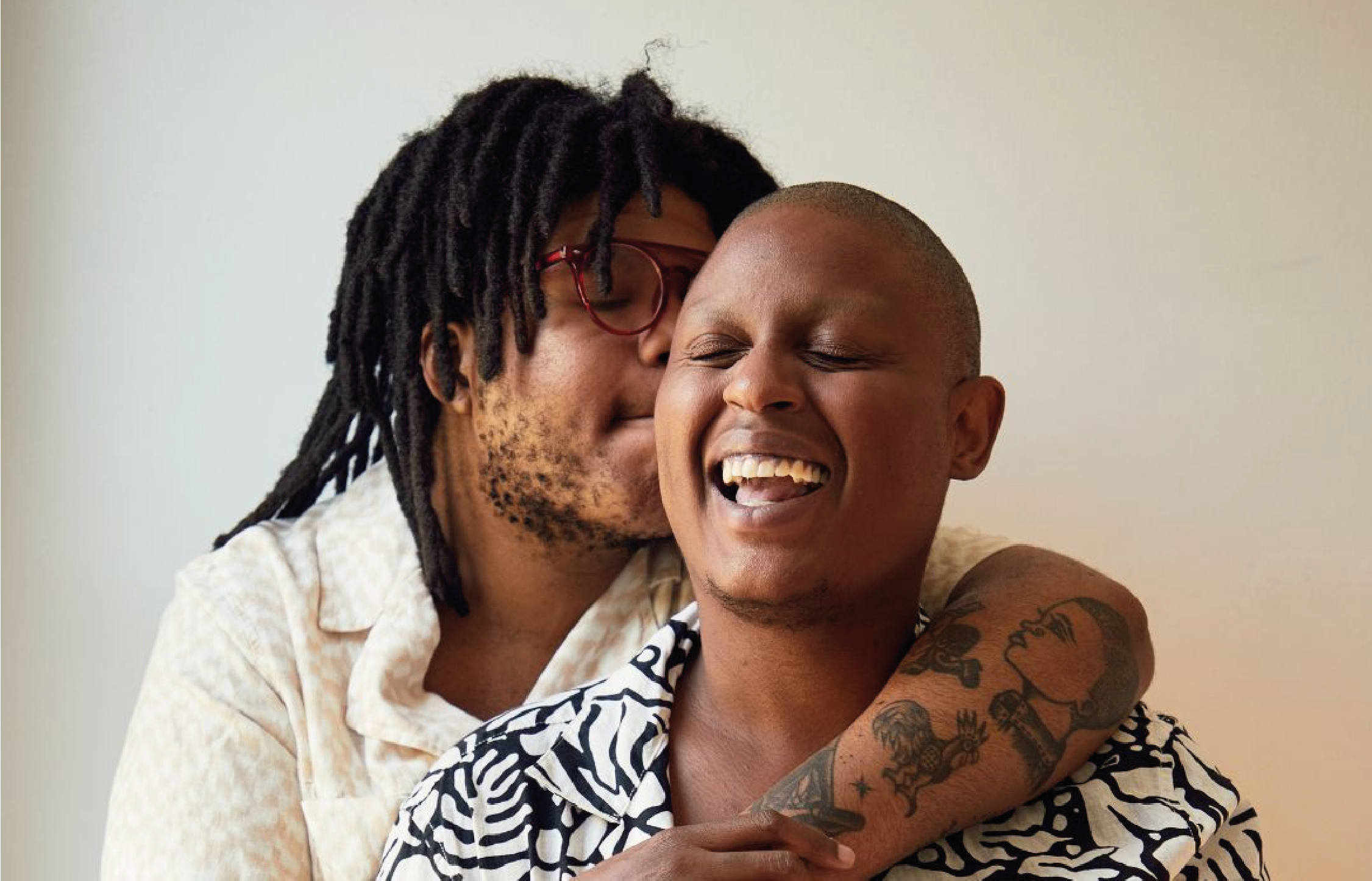
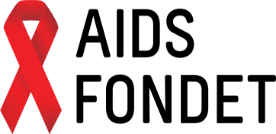


-1080x1080.png)